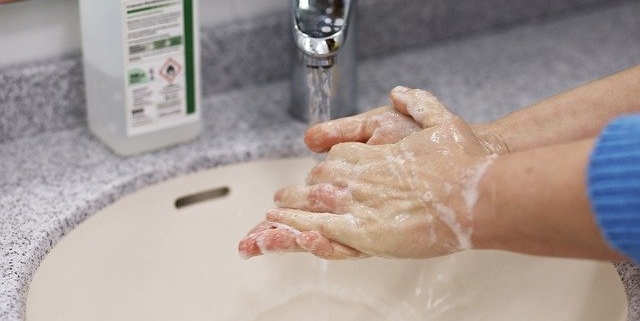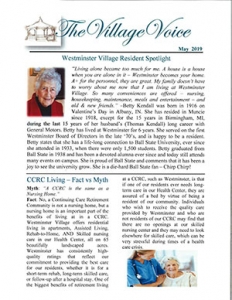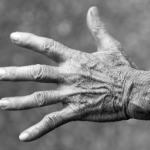Chaplain’s Corner: Vol XI
“Cleanliness is Next to Godliness”
That declaration typically appears in Top 10 lists of statements people wrongly assume are in the Bible. It was actually coined by John Wesley, founder of the Methodist Church in a 1787 sermon. Wesley, interestingly, wasn’t talking about hygiene. He was encouraging the habit of wearing clean clothes. It can only be said that the idea of keeping one’s body scrubbed and smelling clean took a very long time to catch on.
Historically, Europeans were anxious about getting wet and were strangely leery of soap. Bill Bryson in his documented book, “At Home”, reports that Christians came to the odd conclusion that holiness should be equated with dirtiness.
When Thomas a Becket died in 1170, those who laid him out approvingly noted that his undergarments were seething with lice. Throughout the medieval period, an almost sure-fire way to earn lasting honor was to take a vow not to wash.
Most of us have become at least semi-willing to wash our hands during this pandemic. Things were different, however, when the plague swept through Europe in the 13th century. The brightest minds concluded that the most effective way to prevent a communicable disease from entering one’s body was to keep it coated with dirt and grime. For the next 600 years a majority of people avoided bathing, often as a way of honoring God.
When European explorers began visiting the New World, indigenous tribes, most of whom kept themselves fastidiously clean, could smell the conquistadors long before they came ashore.
Henry Drinker, a prominent resident of Philadelphia, installed a shower in his garden in 1798 and it took his wife Elizabeth more than a year to summon the courage to give it a try. She explained that she “had not been wet all over at once for 28 years past.”
How in the world did people deal with the grime and the odor? One strategy was to cover it with perfume. This accounts for the invention of nosegay, a sweet – smelling bouquet of flowers tied to one’s neck or sleeve. Most people however, simply ignored the unpleasantness. After all, if everybody looked and smelled like Charlie Brown’s friend Pig Pen, then nobody was Pig Pen.
Wouldn’t it be wonderful to roll out all the Bible verses on personal hygiene? Unsurprisingly, perhaps there are none. There was no sweeping early church vision for soap and water. That’s not to say the Bible’s authors were silent on the subject of cleanliness.
Take John, for instance, who wrote that “when we walk in the light as God is in the light, we have fellowship with one another and the blood of Jesus his son cleanses us from all sin.” (I John 1:7) The word translated “cleanse” is the Greek verb catharizo, from which we derive the English word “catharsis.” Healthy spirituality is essentially a deep-cleaning of the soul.
King David, in anguish, after the most tragic relationship blunders his life, begged God for a fresh start: “Create in me a clean heart, O God, and renew a right spirit within me.” (Psalm 51:10)
Addicts dream of “getting clean.” People stumbling through life realize they need to “clean up their act.”
A clean body is a wonderful thing, and no doubt a gift that we give everyone around us. But the clean-up that matters most happens when we give God permission to power-wash the rocks and crannies of our inner world.
Perhaps that can become our prayer every time we reach for the shampoo.
Faithfully,
Ron Naylor, Chaplain




